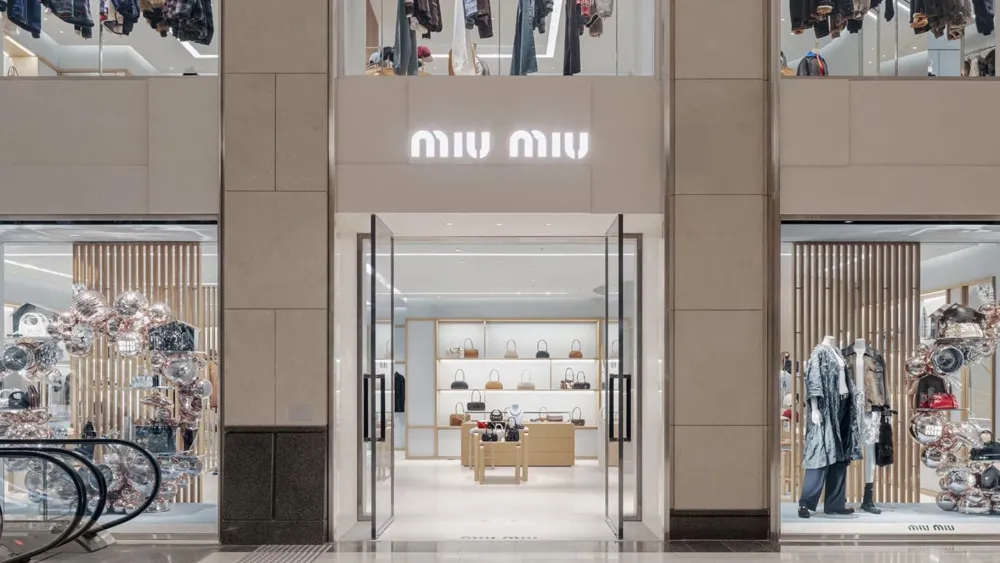
Why grocery shoppers in Singapore are turning to house brands
95% of Singaporean shoppers bought house brands in the past year.
Singaporean grocery shoppers are increasingly turning to house brands as they seek to manage their budgets amidst rising prices.
According to NielsenIQ’s latest Shopper Trends report, 63% of consumers choose house brands for their lower prices, whilst 48% appreciate the better value for money.
The report revealed that 95% of Singaporean shoppers bought house brands in the past year, with 33% buying more now compared to 27% in 2021. Paper products are the most popular house brand items, accounting for 49% of purchases, followed by household products at 40%.
Heightened price sensitivity is evident across Asia, with 80% of Singaporeans now paying closer attention to prices. This shift is impacting shopping behavior, with 89% feeling the effects of inflation and 65% focusing only on essential items. The desire for deals is also growing, with 59% seeking discounts, up from 47% in 2021.
Moreover, shoppers are exploring multiple retail channels for value and convenience. In Singapore, 75% visit more than one grocery store, averaging 2.9 stores over four weeks, up from 2.7 in 2022.
Singaporeans use an average of 5.1 channels, a 42% increase from 2019. Online shopping is the most popular, with 66% making online purchases, followed by hypermarkets (24%) and convenience stores (6%).
“With the growing trend of customers looking to maximise value and online shopping, retailers with house brands should seize this market opportunity for their product and channel offerings, and work to build brand love as well as customer loyalty,” said Ervin Ha, Consumer and Marketing Insights Leader (Singapore) at NIQ.



















 Advertise
Advertise







